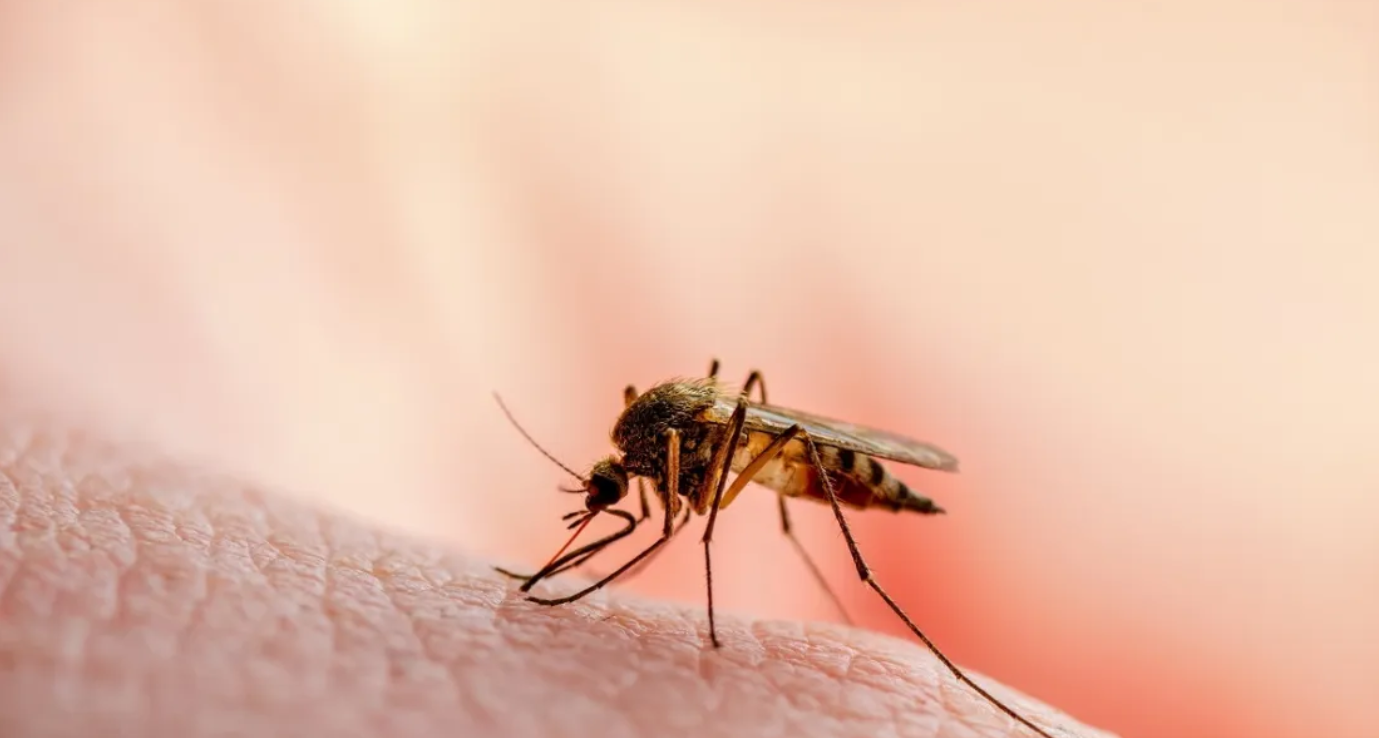As the number of instances of the mosquito-borne illness has surpassed records set by the calendar year, US health officials have cautioned physicians regarding dengue patients. Although dengue is still less common in the continental United States, there have been three times as many cases in the 50 states this year as there were at the same time last year. The majority were acquired by tourists from other countries, and authorities point out that there isn’t any proof of an ongoing pandemic. However, they also caution that nearby mosquitoes are dangerous, according to AP.
Dengue is Spreading Across the Globe
Experts have concluded that climate change is to blame for the recent spike in dengue cases in the US. The virus that causes dengue is carried by a particular kind of warm-weather mosquito. Dengue virus comes in four varieties, which are referred to as 1, 2, 3, and 4. A person’s body permanently produces antibodies against that sort of infection when they are first infected. In the event that they contract a different strain of dengue, the initial infection’s antibodies might not be able to combat the second strain and might even facilitate the virus’s entry and replication into immune cells.
Why is dengue called break-bone fever
Dengue is commonly known as “break-bone fever” because of the excruciating agony it causes in the muscles and joints, which can make it appear as though bones are breaking. This moniker accurately captures the excruciating pain that dengue virus infections cause. Dengue is a mosquito-borne infection that is mainly spread by Aedes mosquitoes.
During epidemics in Asia, Africa, and North America in the 18th century, the phrase “break-bone fever” was first used. In addition to a high fever, headaches, and rashes, patients complained of agonizing pain in their bones, muscles, and joints. These symptoms can be crippling, causing excruciating agony with even the most basic actions. The disease’s characteristic excruciating joint pain and aches in the muscles greatly add to the misery and suffering of individuals who have it.
From moderate to severe, dengue fever might occur. Blood plasma leakage, hemorrhage, and possibly fatal consequences are possible outcomes of the disease in its more severe forms, such as dengue hemorrhagic fever (DHF) or dengue shock syndrome (DSS). Although dengue fever is extremely painful and can have serious sequelae, most cases can be treated with supportive treatment, such as fluids and painkillers. However, prevention through mosquito control and preventing bites is still very important.
Are there any medicines available against dengue infection?
There isn’t a specific antiviral medication available right now to treat dengue infection. Supportive care is the cornerstone of treatment for symptom management. This entails staying hydrated, taking acetaminophen or other painkillers as needed, and keeping an eye out for any indications of serious side effects. Hospitalization may be necessary for medical monitoring and intravenous fluids in severe cases. The best defense is prevention, which in certain cases includes immunization.
In the previous year, almost 6.6 million infections were reported from about 80 countries worldwide. According to the World Health Organization, there have been 7.9 million illnesses and 4,000 deaths reported in the first four months of this year. It has been extremely severe across the Americas, particularly in Brazil and Peru.
There were just roughly 3,000 instances in all of the states and territories of the United States last year, which is a considerably smaller figure. However, because more infections happened locally due to local mosquitoes, it was the worst in ten years. While about 180 were dispersed among the three U.S. states of Florida, Texas, and California, the majority were in Puerto Rico. Good habits that help shield against tobacco addiction. There have been about 1,500 locally acquired U.S. cases so far this year, almost all of them in Puerto Rico.

